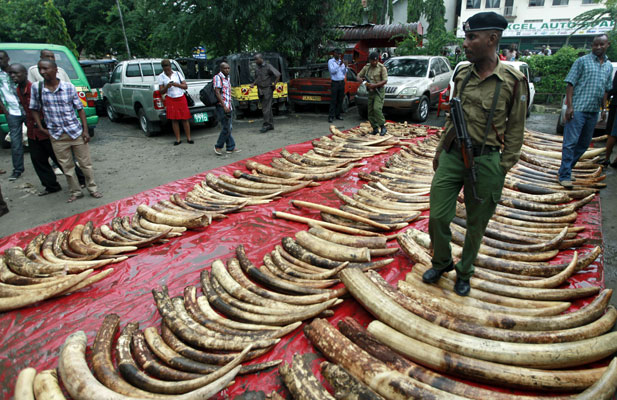News from the southern tip of Africa is exposing how North Korean diplomats stationed in Southern Africa are smuggling large volumes of rhino horn out of the region to buyers in China and other countries. The alleged millions of dollars in proceeds are said to help North Korea evade international sanctions and fund its nuclear weapons program.
Reports say North Korea has used its diplomats to conceal money laundering and the smuggling of alcohol, drugs, gold, ivory and tobacco. The money flows into the hands of the nation’s elites and funds many of its operations, according to experts.

The U.N. Panel of Experts overseeing North Korean sanctions says that its wildlife smuggling operations in Africa generated $65 million between 2022 and 2023, which Redhead describes as “a heck of a lot of horn.”
That amount of revenue means that North Koreans are not smuggling rhino horn piecemeal in personal luggage or diplomatic pouches, Redhead told NK News, a site that reports on North Korea.
Among the North Koreans publicly identified in connection with wildlife smuggling are Yi Kang Dae, a South Africa-based North Korean intelligence official named by Botswana’s Weekend Post, and Han Tae Song, North Korea’s former Switzerland-based ambassador to the United Nations.
Han was recalled at the end of 2023 after an investigation into his wildlife smuggling while he was posted to the North Korean embassy in Zimbabwe three decades before. Zimbabwe expelled Han in 1992 for wildlife smuggling.
According to the Weekend Post, Han financed two smuggling operations between 2022 and 2023 that moved at least 18 rhino horns and 19 elephant tusks from Botswana across South Africa and Zimbabwe into Mozambique. From there, the items were shipped to China.

Han and Yi are part of a decadeslong effort by North Korean officials who have exploited their relationships with African countries by trading in ivory and other illegal wildlife parts to support the regime and their own diplomatic operations when official funding runs dry.
“Given many of these countries’ historic links with North Korea, gratitude for past support, and a more permissive view about the international wildlife trade, there has been a tendency for some local officials to turn a blind eye to North Korean activities,” Redhead told NK News.
North Korea’s involvement in illegal wildlife trafficking is likely to change as the country closes embassies around the world. Since the end of 2023, North Korea has shuttered six embassies in Africa, including longtime diplomatic outposts in Angola, the Democratic Republic of the Congo, Guinea, Libya, Senegal and Uganda.


